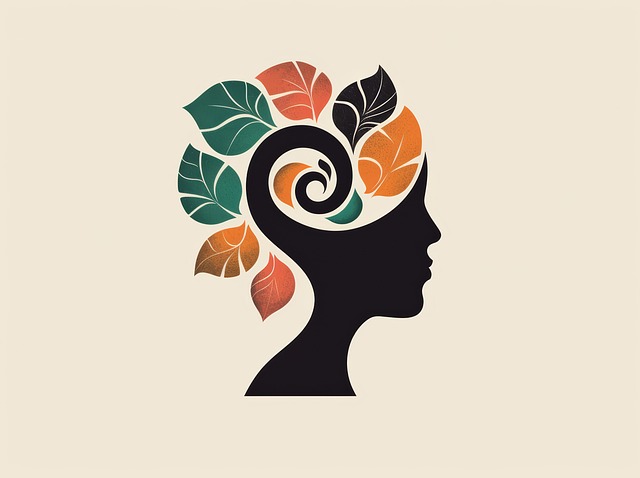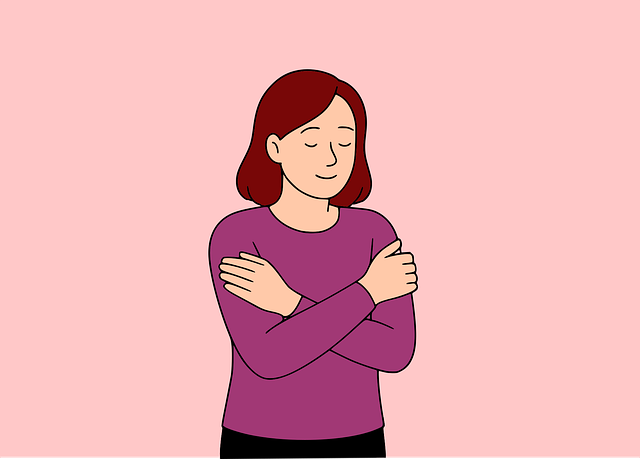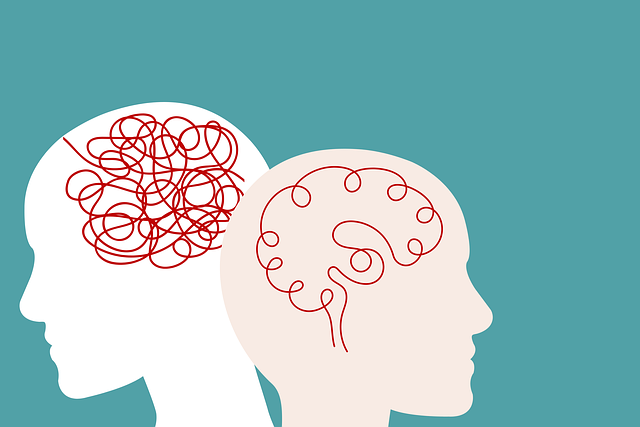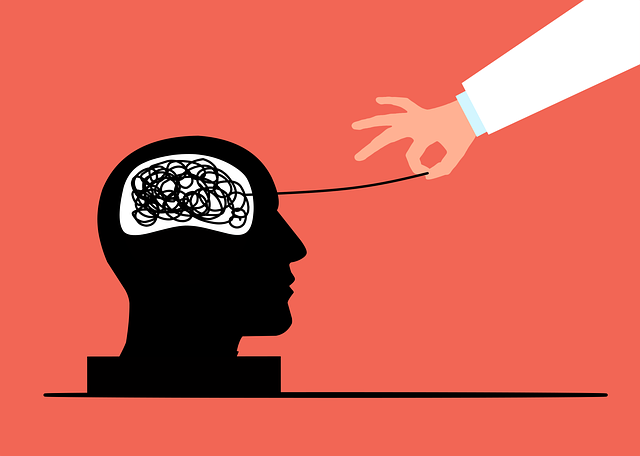Louisville Geriatrics Therapy is committed to cultural competency as a core principle, addressing Louisville's diverse population. Through comprehensive training, they equip healthcare providers with the skills to understand and respect patients' ethnic, cultural, and socioeconomic backgrounds, improving care delivery. This includes education on mental health awareness and burnout prevention, fostering an inclusive community environment. By focusing on active listening, context-suitable communication, and positive thinking strategies, Louisville Geriatrics Therapy ensures personalized, effective treatment for elderly individuals from various walks of life.
“Enhancing patient care through cultural competency is a critical aspect of modern healthcare, especially in diverse communities like Louisville. This article explores Louisville Geriatrics Therapy’s approach to addressing this issue. We delve into ‘Understanding Cultural Competency in Healthcare,’ highlighting its impact on patient outcomes. The subsequent sections focus on the compelling need for provider training, outlining key program components, and providing practical strategies for implementation, ensuring a more inclusive and effective healthcare system.”
- Understanding Cultural Competency in Healthcare: A Louisville Geriatrics Therapy Perspective
- The Importance of Training for Providers: Building Bridges to Better Care
- Key Components of Effective Cultural Competency Programs
- Implementing and Measuring Change: Strategies for Louisville Geriatrics Therapy Practices
Understanding Cultural Competency in Healthcare: A Louisville Geriatrics Therapy Perspective

Cultural competency is an essential aspect of healthcare delivery, especially within diverse communities like Louisville. Louisville Geriatrics Therapy recognizes the value of providing care that respects and understands the cultural backgrounds and beliefs of patients. This approach ensures that elderly individuals receive personalized treatment, fostering better health outcomes. By integrating cultural awareness, therapists can adapt their practices to meet the unique needs of various ethnic, racial, and socioeconomic groups.
The community outreach program implementation at Louisville Geriatrics Therapy aims to bridge cultural gaps by educating both healthcare providers and the public. This initiative focuses on promoting mental health awareness and burnout prevention strategies for healthcare providers, ensuring they are equipped to handle the emotional demands of their work. Through these efforts, the therapy center strives to create a more inclusive healthcare environment, reflecting the rich tapestry of Louisville’s diverse community.
The Importance of Training for Providers: Building Bridges to Better Care

Healthcare provider cultural competency training is a vital component in building bridges to better care, especially in diverse communities like Louisville Geriatrics Therapy serves. In today’s world, where patients come from various ethnic, cultural, and socioeconomic backgrounds, it’s essential for providers to understand and appreciate these differences. This training equips healthcare professionals with the knowledge and skills to deliver culturally sensitive and inclusive care, ensuring that every patient receives respectful, empathetic, and effective treatment.
The benefits extend beyond individual patient outcomes. By fostering a more culturally competent environment, healthcare organizations can improve communication, build stronger relationships with patients and families, and enhance overall satisfaction. This is particularly crucial in mental health awareness contexts, where crisis intervention guidance and self-care routine development for better mental health are integral parts of care. Louisville Geriatrics Therapy recognizes this need and prioritizes cultural competency training to provide the best possible care for its diverse patient population.
Key Components of Effective Cultural Competency Programs

Effective cultural competency programs in healthcare settings are multifaceted and tailored to address the diverse needs of patients and communities. At Louisville Geriatrics Therapy, we recognize that understanding cultural nuances is vital for providing compassionate and quality care. Key components include comprehensive training sessions that educate professionals on various cultural frameworks, promoting empathy and humility. These sessions cover topics like ethnic, racial, religious, and sexual orientation differences, enabling healthcare providers to deliver personalized care.
Moreover, role-playing scenarios and case studies help in simulating real-life interactions, fostering effective communication strategies. Inner Strength Development and Burnout Prevention techniques are integrated into the curriculum to enhance resilience and manage the emotional demands of working with culturally diverse populations. Additionally, teaching Stress Management practices ensures professionals can maintain well-being while navigating complex cultural situations, ultimately improving patient outcomes.
Implementing and Measuring Change: Strategies for Louisville Geriatrics Therapy Practices

Implementing and Measuring Change in Louisville Geriatrics Therapy Practices is a multifaceted approach designed to enhance patient care and outcomes through cultural competency training. By focusing on effective communication strategies, therapists can bridge the gap between diverse patient backgrounds and healthcare needs. This involves learning active listening techniques, adapting language to suit different cultural contexts, and fostering an environment of mutual respect and understanding. The integration of Mind Over Matter principles, emphasizing the power of positive thinking and self-esteem improvement, plays a crucial role in empowering both patients and therapists.
Through regular training sessions, Louisville Geriatrics Therapy practices can consistently reinforce these strategies. Measuring the impact involves tracking patient satisfaction rates, clinical outcomes, and therapist feedback. Regular assessments help identify areas for improvement and ensure that the implemented changes are effective and sustainable. This ongoing process allows for a dynamic learning environment where both patients and therapists benefit from enhanced cultural competency.
Louisville Geriatrics Therapy recognizes that cultural competency is an essential aspect of providing quality care. By investing in comprehensive training programs, healthcare providers can build bridges to better serve diverse patient populations. Implementing effective cultural competency strategies, as outlined in this article, will enable Louisville Geriatrics Therapy practices to create a more inclusive and accessible environment, ultimately improving patient outcomes and experiences.








